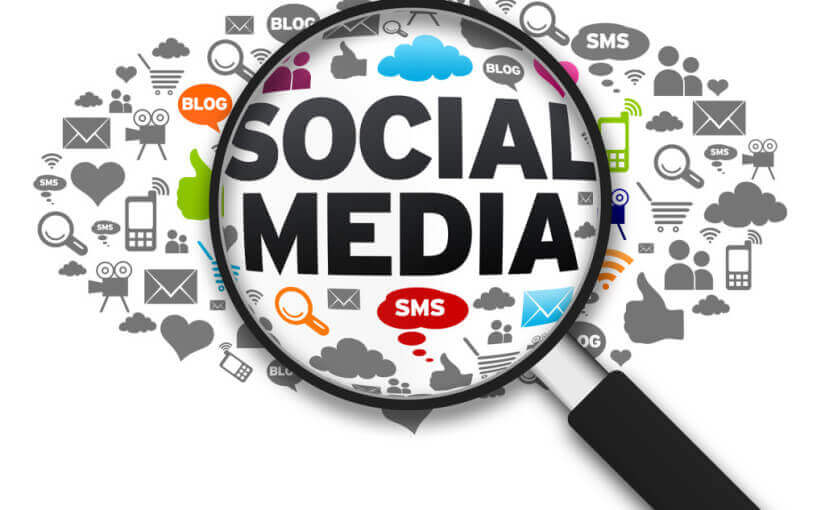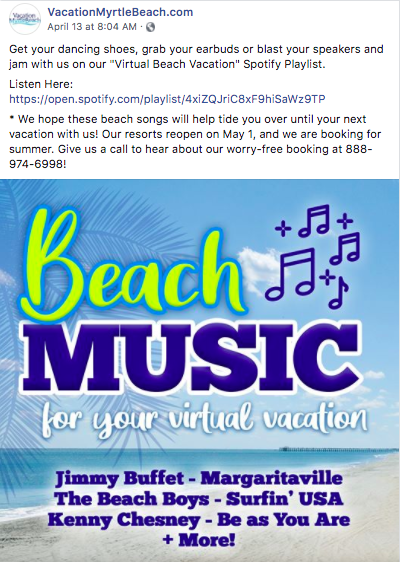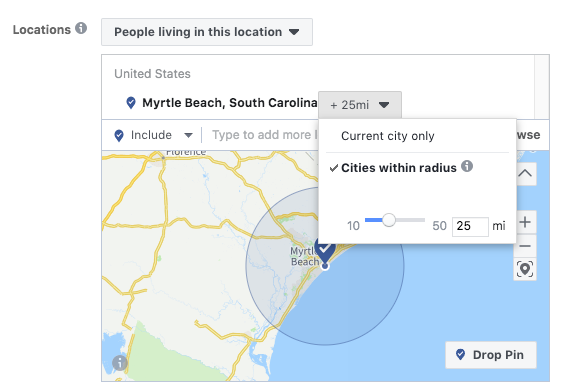
Leveraging your social media channels now will go a long way in making sure your hotel is in position for success post-crisis. Whether you’re an independent hotel, a luxury resort, or a boutique property, these tips and strategies should help and motivate you in your hotel’s recovery process.
NB: This is an article from Fuel Marketing
Here are six ways to use social media in your hotel’s recovery:
Identify frequently asked questions
You’ve likely been hit with a ton of new questions on your social media channels. If you haven’t already, now is the perfect time to audit posts and messaging for questions your followers are asking that you can confidently answer. Include the answers in a pinned post or use them in a FAQ section on your website.
Pin a post
To ensure guests see the most important and updated information from your hotel, pin a post to the top of your Facebook page or Twitter profile. The post should explain reopening plans, safety and cleanliness guidelines, new cancellation policies, and so forth. You can also edit your pinned post on Facebook. On Instagram, you can add a story to your Story Highlights on your profile.
If you’ve made any changes to your business information on Facebook, like marking your hotel as temporarily closed, this information should be updated once your hotel returns to normal operations.
Continue creating engaging content
Many hotels have done a fantastic job of engaging their guests and followers by highlighting unique aspects of their property or offering virtual experiences that are leaving positive impressions, like providing special recipes from their restaurant menus, yoga and wellness tips, and virtual staycations.
Even after the world returns to some normalcy, these unique posts should become a standard part of your social media marketing strategy if they weren’t already before the crisis. Identify posts that have garnered the most engagement and use these as a basis for new content in the future.

Cost-effective brand awareness
COVID-19 has had a major impact on paid marketing campaigns for hotels, with many pausing ad spend for the time being. The pandemic has also resulted in increased web traffic which likely isn’t slowing down anytime soon.
With more people spending time online and drastic shifts in competition, now is the time to put your destination at the forefront and reach more people within your budget with lower CPMs. This is where lookalike audiences and interest-based audiences really shine. This strategy likely won’t result in immediate bookings, but there’s no better time to cast a wide net and get your hotel noticed.
Tap into your drive markets
Your drive market is going to be a crucial component of your hotel’s recovery process, and leveraging social media to tap into this market is no exception. Many believe that travelers will be more comfortable with driving than flying even after the pandemic passes.
Facebook makes targeting drive markets incredibly easy. Check your analytics to determine your most successful drive markets and include those destinations in your campaign’s location targeting. Facebook lets you target by state and city, or if you want to get super granular, you can target by zip code.
Important Note: In order to target an audience in Facebook or Instagram, the audience must include at least 1,000 people.

Reengage with past guests & canceled reservations
Segment your email lists to target past guests, whether they booked and canceled due to the pandemic or are previous guests that haven’t booked this year. All you have to do is upload the segments into your Facebook Business Manager account.
This is your opportunity to reassure guests that may have canceled due to the virus with flexible cancellation and 100% refundable-type ad creative. Test your ad creative by running a split test before throwing your entire ad spend into one ad.
Insight: Our recent COVID-19 Customer Sentiment Survey revealed that people are more likely to book their future stay if they have the flexibility to change their booking dates without penalty or receive discounts on future stays.



